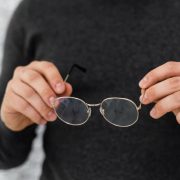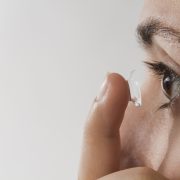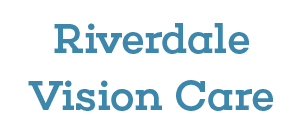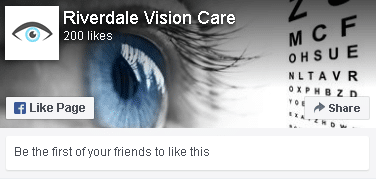4 Signs You Need New Glasses
Your glasses bring clarity to your vision and help you see the world. Typical glasses last about two or three years before they need to be updated. Many people get new glasses annually to keep up with their prescription.
Getting new glasses can help ensure that your prescription meets your needs and that your glasses are in good condition. If you need new glasses, your eye doctor in Riverdale, NJ can help. Below, see the signs that you need to replace your eyeglasses.
1. Blurry Vision
One of the most obvious signs that you need new eyeglasses is blurry vision. Blurry vision even while wearing eyeglasses indicates that your glasses prescription has changed since your eye doctor prescribed your lenses.
Blurry vision can be hazardous when driving. Even when you’re not driving blurry vision can lead to embarrassing situations (like failure to recognize someone you know!). If you have blurry vision, talk to your eye doctor.
2. Squinting
Squinting to see clearly is a sign that you have blurry vision. Squinting can lead to headaches and also means that your body is struggling to see properly. If you squint frequently to see clearly, make an appointment with your eye doctor to get a new prescription.
3. Glasses Have Become Loose, Poorly Fitting
Glasses can start to wear out over time. Sometimes tightening the screws that hold your glasses together can help. Adjusting the frames can help as well.
If this doesn’t work, it’s time to get a new pair of glasses. Your eye doctor will help you find a pair of glasses that fits your face properly. When the new glasses arrive, your eye doctor will adjust them to ensure they fit properly.
4. It’s Been More Than a Year Since Your Last Evaluation
See the eye doctor once per year. If it’s been over a year since you last saw the eye doctor, it’s time to get a new prescription evaluation. Contact your eye doctor for an eye exam in Riverdale, NJ. The professionals at Riverdale Vision Care can help. Call today.











